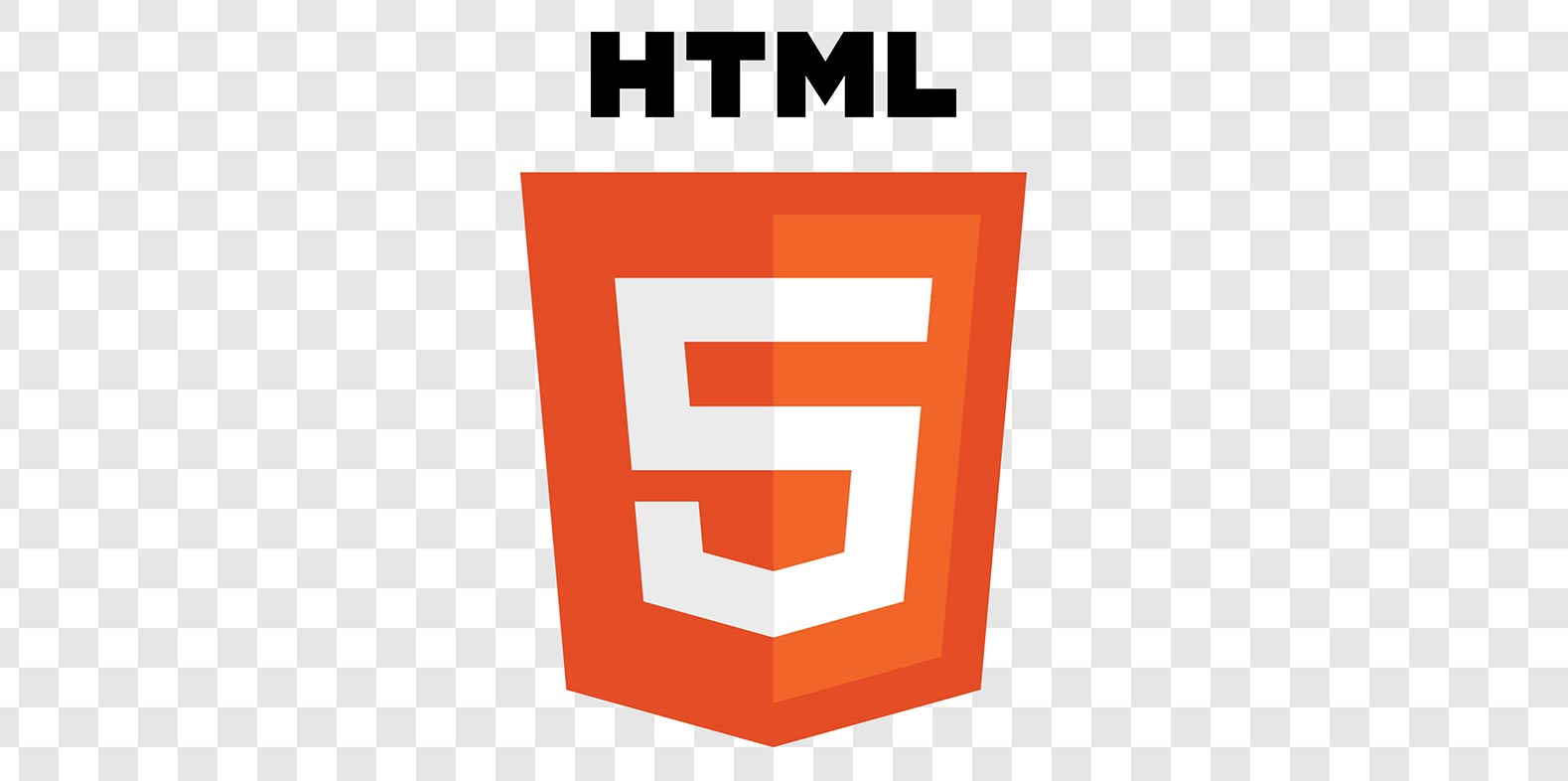
Since the advent of the modern Web, with the credit for that almost solely attributable to Sir Tim Burners-Lee, there have been five versions of HTML, one of the core languages that continues to power most websites. The most recent version, HTML5, is the new standard for this markup language. It allows for a new generation, look-and-feel of the Web. In point form, HTML5, as different from its predecessors, includes the following exciting capabilities:
- More support for the various types of multimedia that permeates our modern Internet.
- The ability to run smoothly on low-power devices, such as Smartphones.
- Less reliance on vendor-specific ways to experience audio, video, and similar content.
- A way to handle Web pages that no longer look or ‘act’ like Web pages (e.g., Flash-driven pages).
For more information on this new Web standard, you may wish to browse through pages of w3schools, starting with http://www.w3schools.com/html/html5_intro.asp. There are more straightforward articles available, such as those from TechNewsDaily.
Alongside HTML5, the other Web game-changer is CSS3. CSS stands for Cascading Style Sheets, and its latest version is “3”. Most Web designers use CSS to format and even layout Web pages (versus, for example, using simpler techniques to make text bold, or to create columns). We can’t cover CSS3 in too much depth here, but will share with you the following important highlights:
- First, not all browsers fully support this new standard of CSS; this means that some Web developers will use older, more stable, more supported versions for the time being.
- It will be easier, in a modular format, for Web developers to layout text using CSS3.
- We, the end users, will have more options in terms of printing complicated web pages.
For more information on CSS3, we suggest you start with this index page, reviewing the included resources if you desire to: http://community.wikidot.com/glossary:css.
CONNECT:SHARE:
